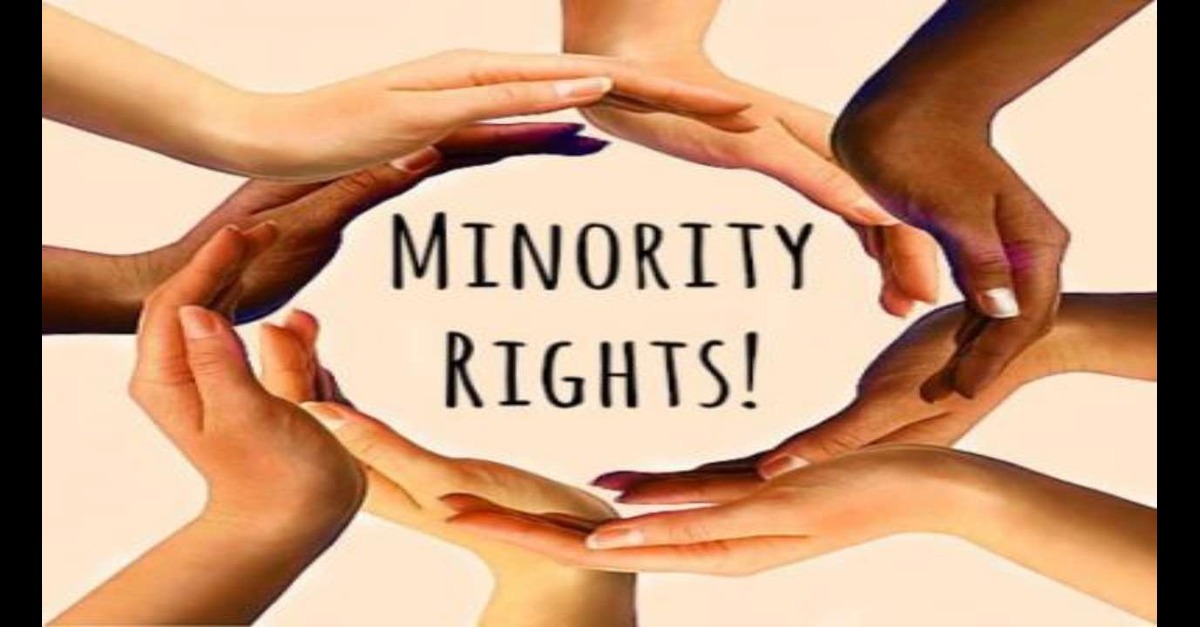INTRODUCTION
India is a country with the lengthiest constitution in the world. It deals with the various aspects and diversity of India contributes to the major crux of the constitution. People in India are both in majority and minority. The Constitution ensures that the rights of none are defeated. In a diverse and democratic society, the rights of minorities in ensuring justice and equality plays a major role for a just society. The marginalized communities can have access to equality, education, preservation of their identity, culture, etc., through minority institutions. These institutions play a crucial role in governing the life of marginalized communities. Nevertheless, these institutions often face various challenges that hinder their smooth working of the institutions. Some of the challenges faced are government interference, discrimination, inadequate resources, etc. However, the judiciary, acting as a guardian of justice, upholds the constitutional rights of minorities. It ensures that these institutions are provided with all necessary resources, thereby preventing minorities not being deprived of their rights. The judiciary maintains a balance between state authorities and minority institutional rights through article 29 and 30(1) of the Indian constitution.
BACKGROUND
In a recent decision by the Madras High Court in The Principal & Secretary, Women’s Christian College and Others v. State of Tamil Nadu and Others ( WP.No.18165/2023), Justice Anand Venkatesh noted that the Constitution contains provisions designed to protect the rights of minority institutions and preserve the cultural and educational identity of minority groups and communities.
The Madras High Court held that the UGC Regulation 2018 did not apply to minority institutions for the selection of assistant professors and principals.
KEY POINTS
- Minority Institution Rights: The dispute is related to the women’s Christian college and the other colleges as well, which are minority institutions and are in conflict with the government regulation of the UGC Act 2018 for the appointment of professors and principals.
- UGC Regulations vs. Minority Rights: UGC contended that the 2018 regulation applied to all institutions irrespective of the minority institutions, whether aided or self-financed. The State and the universities submitted that the appointment made by the UGC following the UGC regulation is violative of fundamental rights [Article 30 (1)].
- Autonomy and Governance: The major question arose on the autonomy and the governance of the institutions. The administration of the institution was hindered by the dispute.
- State Intervention: The college argued that the UGC Regulation 2018 was adopted by the State government through a government order and could not be put against the minority institutions for the selection process. It was argued that it would violate fundamental rights guaranteed under article 30(1) of the constitution.
RECENT DEVELOPMENTS
The court ruled that certain UGC regulations from the year 2018 do not apply to the procedure of appointment of professors.
Justice N. Anand Venkatesh said that Article 30(1) of the Constitution talks about the religious and linguistic rights of minority groups. This article is enshrined in the constitution to establish and administer educational institutions of their own choice, it was more like a protection granted to the minorities than recognising their right.
The Madras High Court ruled that the UGC Regulations 2018, which requires the selection committees with external members, is not applicable to the minority institutions.
CONCLUSION
The judiciary plays a significant role in safeguarding the rights of the minority institutions groups. The Madras High Court recently ruled that minority institutions are exempted from UGC Regulation 2018. The court intervention ensures that minority institutions should be able to maintain their autonomy under Article 30(1) of the constitution. This provision is a constitutional promise to ensure that the cultural and educational identities of minorities are protected.
“PRIME LEGAL is a full-service law firm that has won a National Award and has more than 20 years of experience in an array of sectors and practice areas. Prime legal falls into the category of best law firm, best lawyer, best family lawyer, best divorce lawyer, best divorce law firm, best criminal lawyer, best criminal law firm, best consumer lawyer, best civil lawyer.”
WRITTEN BY PALAK CHAUHAN


